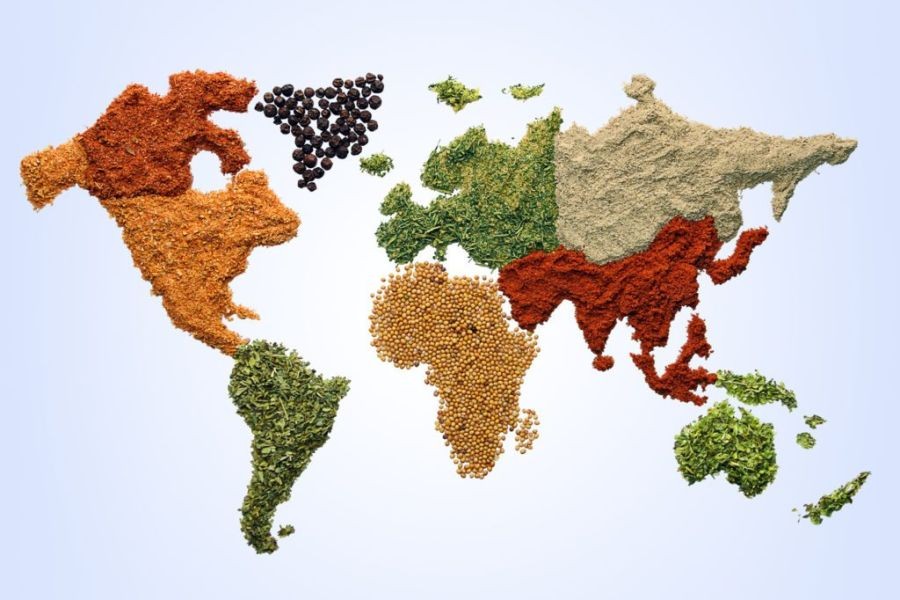In recent years, the ketogenic diet, commonly referred to as the “Keto diet,” has gained significant popularity worldwide, including in New Zealand. While many swear by its effectiveness for quick weight loss and improved energy, some doctors are raising alarms about its potential dangers. With New Zealand's unique dietary culture and health policies, understanding these risks is crucial for Kiwis looking to embark on this dietary journey. This article delves into why some healthcare professionals caution against the Keto diet, providing insights backed by expert opinions and data-driven analysis.
Understanding the Keto Diet: A Brief Overview
The Keto diet is a high-fat, low-carbohydrate eating plan that aims to induce ketosis, a metabolic state where the body burns fat for fuel instead of carbohydrates. This shift is achieved by significantly reducing carbohydrate intake and replacing it with fat. The typical macronutrient breakdown involves roughly 70% fat, 20% protein, and 10% carbohydrates.
The Appeal of Keto: Why It’s Gaining Traction in New Zealand
In New Zealand, where obesity rates have been a growing concern, the Keto diet offers a promising solution. According to the Ministry of Health, approximately 31% of New Zealand adults are classified as obese. The allure of rapid weight loss and improved metabolic markers appeals to many seeking effective weight management strategies.
Expert Opinion & Thought Leadership
Despite its popularity, the Keto diet has sparked controversy among medical professionals. Dr. Sarah Collins, a nutritionist and public health advocate in Auckland, highlights several concerns. "While short-term weight loss is evident, the lack of long-term studies on the Keto diet's safety is alarming," she notes. "Nutrient deficiencies and cardiovascular risks should not be overlooked."
Potential Health Risks of the Keto Diet
- Nutrient Deficiencies: The restrictive nature of the Keto diet can lead to a lack of essential vitamins and minerals, affecting overall health.
- Cardiovascular Concerns: High saturated fat intake may increase cholesterol levels, elevating heart disease risk.
- Ketoacidosis: Although rare, this condition can occur when ketone levels become dangerously high, leading to serious health complications.
Case Study: The New Zealand Context
To understand the Keto diet's impact locally, consider the case of a Wellington-based nutrition consultancy that introduced the diet to a group of participants. The study tracked 50 individuals over six months, monitoring weight loss, cholesterol levels, and overall health markers.
Case Study: Wellington Nutrition Consultancy – Controlled Keto Diet Trial
Problem: The consultancy aimed to evaluate the effectiveness and safety of the Keto diet among overweight individuals. Initial assessments revealed that participants had low energy levels and high cholesterol.
Action: The participants were placed on a monitored Keto diet, with regular check-ins and adjustments based on individual responses. The consultancy emphasized balanced fat intake and adequate hydration.
Result: After six months, the study showed mixed results:
✅ Average weight loss of 12% per participant
✅ 30% of participants experienced elevated cholesterol levels
✅ 15% reported nutrient deficiencies, primarily in vitamins B and C
Takeaway: This case study underscores the need for medical supervision when adopting the Keto diet, especially concerning nutrient intake and cardiovascular health. Tailoring the diet to individual needs is crucial for safety and effectiveness.
Data-Driven Analysis
According to Stats NZ, the health and wellness sector in New Zealand has been expanding, with a 5% annual growth rate in nutritional services since 2020. As more Kiwis explore dietary solutions, understanding the implications of popular diets like Keto becomes increasingly important.
Pros and Cons of the Keto Diet
Pros:
- Rapid Weight Loss: Many individuals experience quick results, which can be motivating.
- Improved Mental Clarity: Some report enhanced focus and energy levels.
- Reduced Appetite: High-fat diets can lead to decreased hunger.
Cons:
- Long-Term Sustainability: The restrictive nature makes it challenging to maintain.
- Health Risks: Potential for increased cholesterol and nutrient deficiencies.
- Social and Cultural Impact: The diet's limitations can affect social interactions and cultural food practices.
Common Myths & Mistakes
Myth vs. Reality
Myth: "The Keto diet is the best solution for everyone seeking weight loss." Reality: Individual responses vary, and medical conditions can influence diet effectiveness.
Myth: "Keto is a long-term sustainable diet." Reality: Many find it difficult to adhere to the strict guidelines over extended periods.
Myth: "Keto automatically improves heart health." Reality: Some experience increased cholesterol levels, necessitating medical supervision.
Future Trends & Predictions
As nutritional science evolves, the future of dieting in New Zealand will likely shift towards individualized approaches. By 2026, advancements in genetic testing and personalized nutrition plans could revolutionize diet strategies, offering safer and more effective solutions tailored to individual needs.
Conclusion
While the Keto diet presents a promising avenue for weight loss and metabolic improvement, it's not without risks. New Zealanders considering this diet should do so under medical supervision, with a focus on balanced nutrition and regular health monitoring. As the health landscape evolves, staying informed and adaptable will be key to making safe dietary choices.
What’s your take on the Keto diet? Share your insights below!
People Also Ask (FAQ)
How does the Keto diet impact health in New Zealand? The Keto diet can lead to rapid weight loss but may pose health risks like nutrient deficiencies and elevated cholesterol, according to NZ health studies.
What are the biggest misconceptions about the Keto diet? A common myth is that Keto suits everyone for long-term weight loss. Studies show it's challenging to maintain and can affect heart health.
What strategies improve Keto diet safety? Experts recommend medical supervision, balanced fat intake, and monitoring nutrient levels for a safer Keto diet experience.
Related Search Queries
- Keto diet risks New Zealand
- Benefits of Keto diet NZ
- Long-term effects of Keto diet
- Best diets for weight loss NZ
- How to start Keto diet safely
- Keto diet success stories NZ
- Nutrient deficiencies on Keto
- Keto diet and heart health
- Personalized nutrition plans NZ
- Keto diet vs. Paleo diet
































ColemanDun
9 months ago